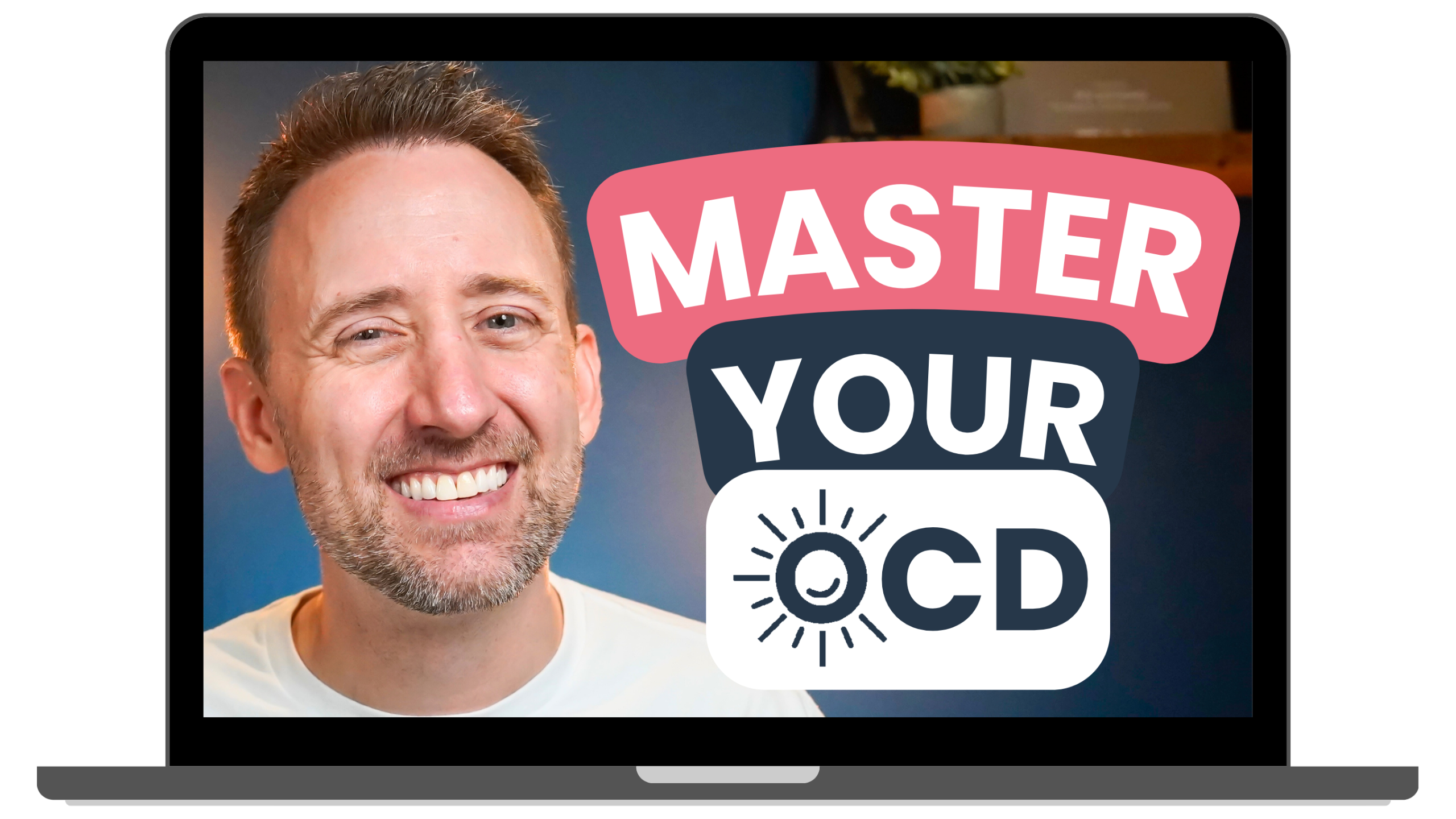The Science Of Anxiety: A Comprehensive Guide To Anxiety Disorders
Apr 16, 2023
Anxiety disorders affect millions of people around the world, and can have a significant impact on their quality of life. But what is anxiety, really? This blog post will take an in-depth look at the science of anxiety and explore how our brains play a role in anxiety disorders. We'll discuss the various types of anxiety disorders, their symptoms, and the treatments available. By the end of this post, you'll understand the science behind anxiety and be better prepared to cope with and manage it.
How Do Anxiety Disorders Develop?
Anxiety disorders can develop in a variety of ways. It is not uncommon for anxiety to stem from a combination of genetic, psychological, and environmental factors. People who have a family history of anxiety may be more likely to experience anxiety themselves, as certain genes may predispose them to the disorder. Similarly, experiences such as traumatic events, stressful life circumstances, or inadequate coping skills can all increase a person’s risk for developing an anxiety disorder.
In addition, other underlying medical conditions or side effects of certain medications may also contribute to the development of an anxiety disorder. While the exact cause of any given anxiety disorder can be difficult to determine, research has found that anxiety is most likely caused by a combination of factors.
When trying to determine how an anxiety disorder developed, it is important to consider both biological and environmental factors. Biological factors such as genetics and the presence of other medical conditions should be evaluated. Additionally, psychological and environmental factors should be examined, such as traumatic experiences or stressful life situations. By looking at both biological and environmental factors, it is possible to gain a better understanding of the root cause of an individual's anxiety disorder.
What can you do to reduce your risk of developing an anxiety disorder?
Fortunately, there are steps you can take to reduce your risk of developing an anxiety disorder. Firstly, it is important to practice healthy habits such as regular exercise, getting enough sleep, and eating a balanced diet. It is also important to take time out for yourself and manage stress levels through activities such as yoga, mindfulness, or journaling.
Another way to reduce your risk of developing an anxiety disorder is to stay connected with friends and family. Research has found that having a supportive social network can help to protect against the development of an anxiety disorder. Additionally, it is important to stay open and honest with loved ones and seek help when needed.
Finally, it is helpful to be aware of potential triggers for anxiety and work on managing them. This might include avoiding certain situations or environments, avoiding alcohol and drugs, and engaging in relaxation techniques when feeling anxious. By being aware of the risks and taking steps to reduce them, you may be able to prevent the development of an anxiety disorder.
It's important to remember that seeking professional help is often the best course of action when it comes to treating anxiety disorders. OCD and Anxiety Online offers online self-directed courses that are specifically designed to help individuals manage their anxiety. These courses provide practical tools and techniques for coping with anxiety and OCD.
















